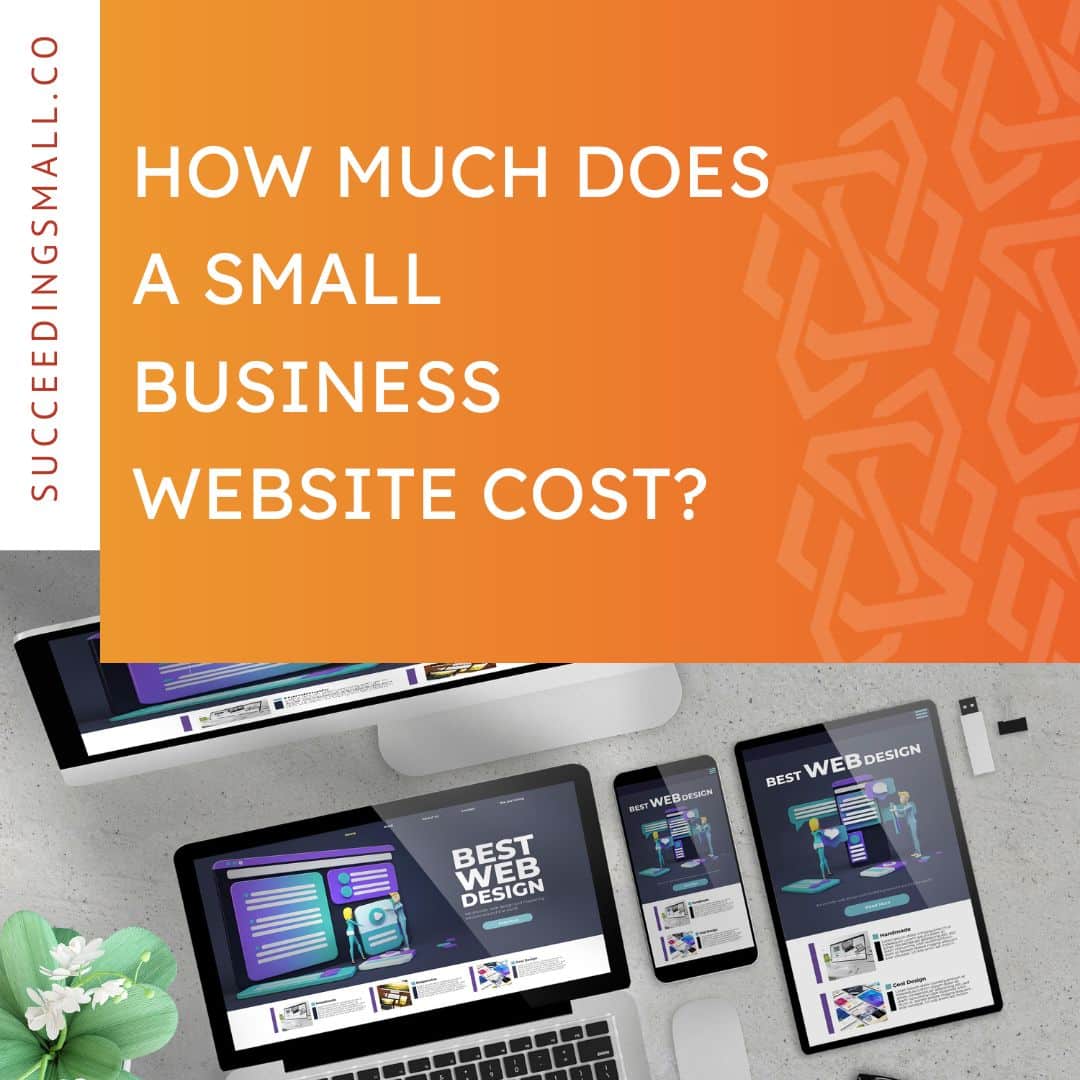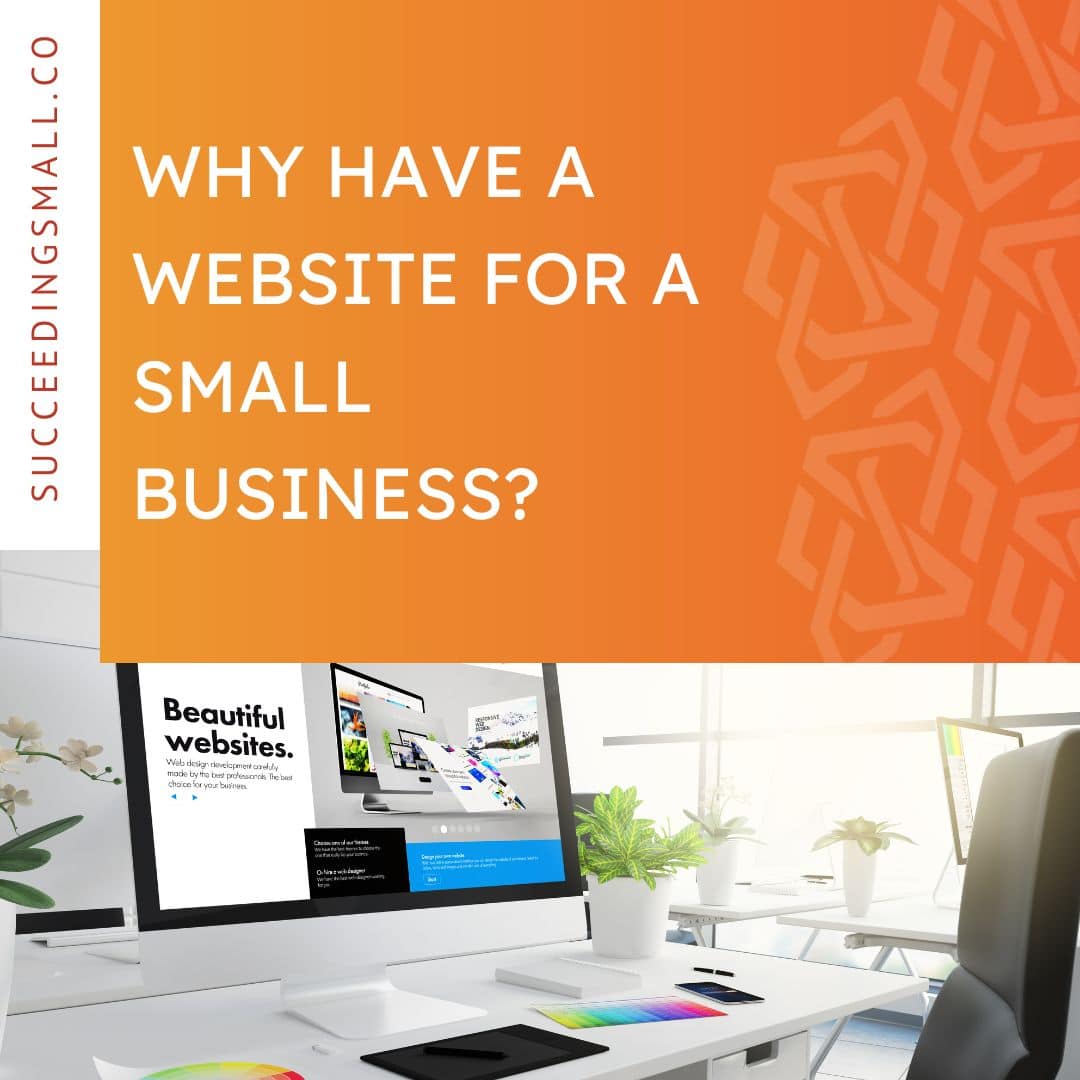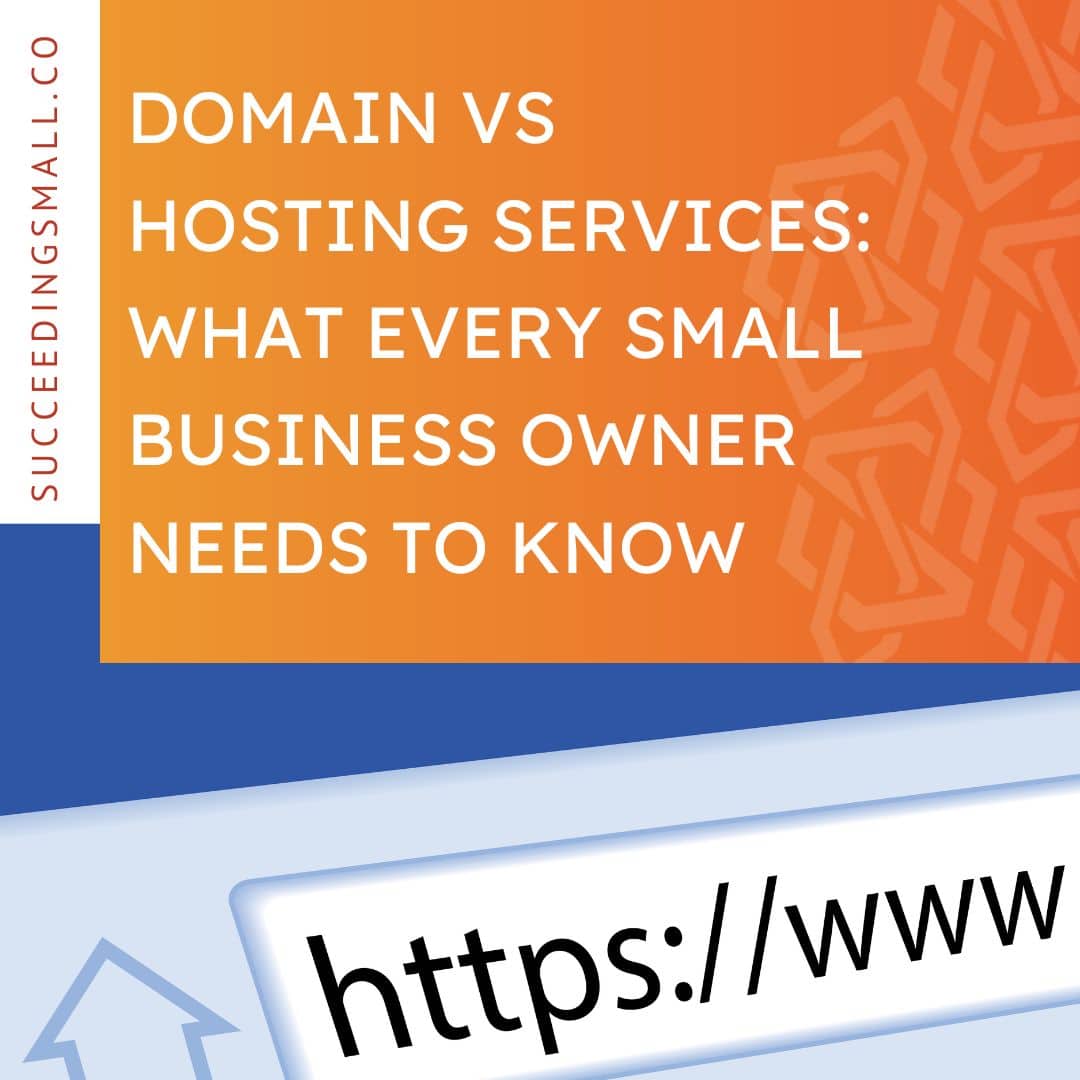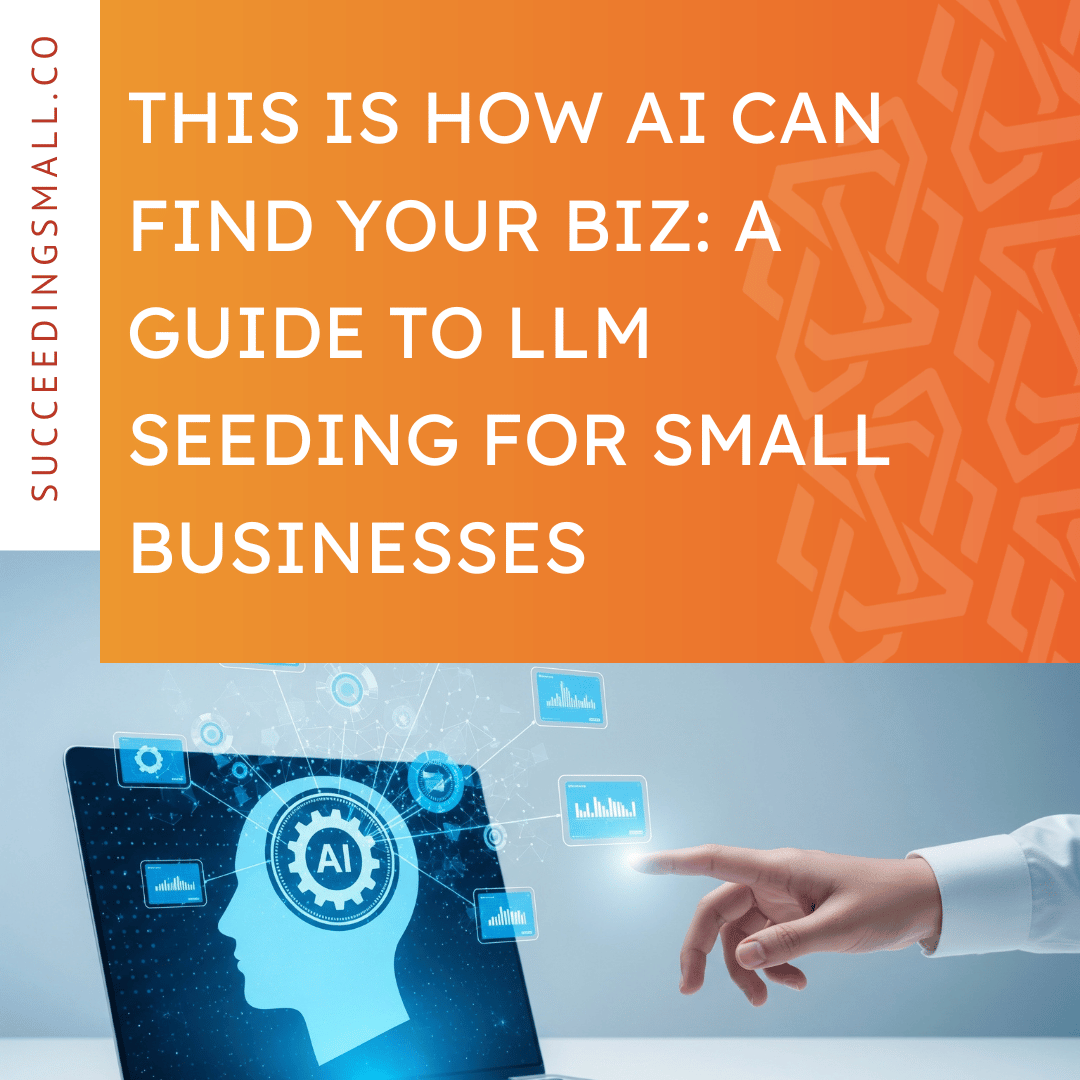Introduction
Search engine marketing, or SEM, can be a game changer for businesses. If people are looking up your product or service in Google, then you have a chance to show up as an ad at the top of the page or as part of the organic results. SEM is the process of marketing your site online using a combination of paid and organic tactics, such as pay-per-click advertising with Google ads or search engine optimization. Both ads and SEO are a real investment. Let’s dive into a comparison between Google ads and SEO and how each of these or a combination of both tactics can make a huge difference in getting leads for your business.
Google Ads
Pros: You only get charged when someone interacts with your ad and you get access to so many detailed analytics that you know exactly where your marketing dollar is going.
Cons: The quick turnaround time of Google ads does come at a cost, especially if you’re in a competitive market; it can get very expensive to run Google ads, depending on your industry. If you’re not carefully monitoring your budget or you don’t set it up properly, you could end up wasting a lot of money. Google will gladly take your money, and it does not protect you from making mistakes and overspending. Its complex interface is somewhat difficult to maneuver, so hiring a qualified party to set up and manage your ads is encouraged but also an added expense.
Tips: Constantly monitor your campaign (we recommend using the Search Terms Report) to ensure that you’re getting qualified clicks and traffic to your site. This report will show you all of the search terms or keyword phrases that people have typed in Google to find and click on your ad.
Another option for Google Ads is “Display Campaigns” Display campaigns allow you to create and distribute graphics across other websites like news, publications, or blogs. Traditionally, these have a lower conversion rate than text ads and are used more for brand awareness than for marketing purposes, but it is still another great channel to make sure that your brand is in front of your target audience.
Is Google Ads right for you?
Now that we’ve covered the basics of ads let’s talk about when you don’t want to use this as part of your marketing strategy.
Google Ads might be wrong for you if:
- You are trying to minimize your ad spend
- If you don’t like buying your lead
- You are short on time and do not have the bandwidth or expertise to set it up correctly and monitor it consistently
- or you don’t have a partner to set it up and manage it on your behalf.
- Your target customer isn’t searching for you on Google (Niche products or services or products and services that don’t yet have a demand).
SEO
At Succeeding Small, our definition of Search Engine Optimization is the process of optimizing all digital assets to maximize visibility in as many places as possible. (Check out our podcast episode on SEO Explained in under 20 minutes here!) Most traditionally, the definition of SEO means optimizing your website and overall digital presence to be found on Google.
Pros: You earn your position on the search engine results page, and you don’t have to pay Google for it. SEO is long-term and sustainable, and it can do so much for your online presence and your lead generation.
Cons: SEO is a long-term strategy. It takes at least three months for Google to even recognize that you exist and that you’re an authority in your space.
Tips: Good quality SEO will get you more quality content on your site. It will make sure your business information is consistent around the internet in different directories and websites. It will help you get featured on other sites or online publications and will overall position you above your competitors to capture those leads. SEO is a game of patience and persistence and, with time, can have huge payoffs, but if you’re in a state of urgency or crisis mode, SEO is not dependable for immediate payoffs. SEO is expensive, and that’s because of the value that it brings. Before starting SEO, you should be using other marketing tactics to generate paying customers, as SEO takes time to yield returns. Whether this is more traditional marketing options like Paid Ads, or going out and networking to find a community to pass on referrals, or social media marketing to get in front of your audience and start building that brand awareness, make sure you are marketing your business well in other ways before relying solely on SEO.
Is SEO right for you?
Now it is time to start that marketing while keeping your goals in mind. You want to make sure that you are crafting campaigns that will ultimately drive your audience towards that final result that you are after. Whatever your objective is, you can adapt your presence, copy, calls to action, conversations with people, and essentially everything you do to make sure you require that action. At the end of the day, that’s going to help you accomplish your goals.
Conclusion
The best marketing strategy for a lot of industries is to do a combination of SEO and Google ads. Paid ads will get you leads quickly in the short term, while SEO builds up your long-term presence and will continuously get you leads in the future. This combination has been very successful for industries like trades, eCommerce, education, medical providers, and so many others. SEM can make such a huge impact on your business, from bringing in quality leads and traffic to your site to keeping your sales pipeline full. Google ads and search engine optimization can complement each other and help you grow your business online.
Not sure what strategy is right for you or looking for a qualified, trustworthy team to run your SEM efforts? Schedule your free consultation call with our team today! We can help you identify if your business is a good fit for search engine marketing or if another marketing channel and strategy would help you accomplish your goals more effectively.
Make every ad dollar count.
Download our Google Ads Guide to launch campaigns that convert.













